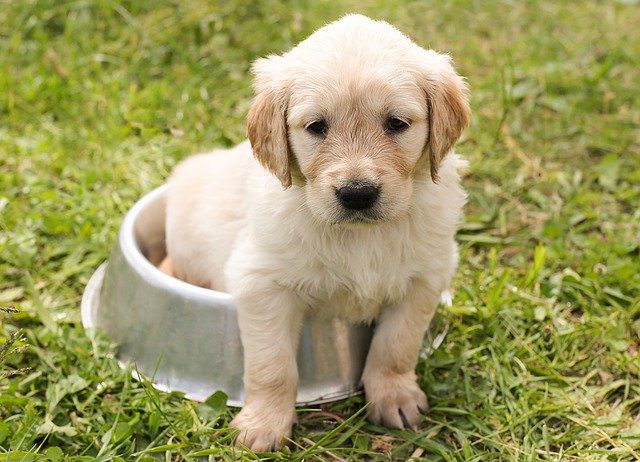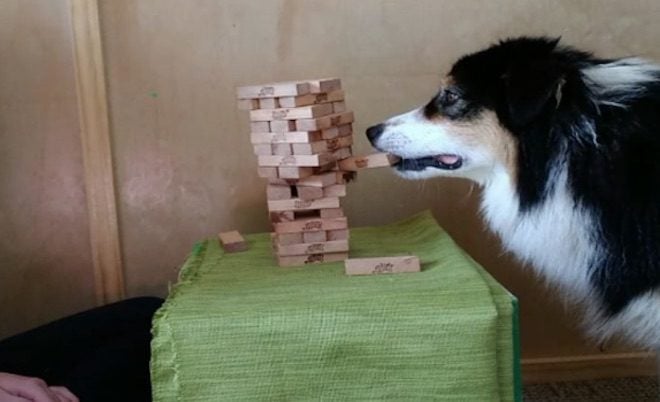How To Find a Responsible Dog Breeder
If you are thinking about adding a new puppy to your home by buying a puppy, rather than adopting or rescuing, you can find a puppy to buy from a reputable breeder, a backyard breeder, someone who has obtained a puppy through an unknown source, an online ad, or a retail store.
However, we can only recommend buying from someone who was directly responsible for breeding and raising your puppy, often referred to as a hobby breeder. When it comes to buying puppies, there is only one ethical source, and that is from reputable, registered breeders.
You should be able to ask as many questions as you need, review a full history of the breeding stock, access health records, and, more importantly, follow up and check all of the information you are given through references and verification from medical examiners.
In this article, we outline a few simple guidelines to make sure you get the pet that is not only the best fit for your home, but one that will also be more likely to be happy and healthy.

Adding a puppy to the family is a serious responsibility that requires a commitment of 10 to 20 years. If you buy a puppy that is sick or one that has been bred without consideration for the genetic diseases that a pure breed may be predisposed to, you may find yourself spending an unusually large amount of time with veterinarians and pet care specialists, paying more in vet, hospital or insurance fees than the average dog family, and worrying about the health and wellbeing of your fur baby. Nurturing a new puppy is hard work. Caring for a sick puppy is intensely difficult and expensive.
What to look for or demand if it isn’t already available:
-
- Puppies available to take home ONLY after they are of age. Doing just a little bit of research on the breed of dog you’re interested in will not only inform you of how old puppies must be before they leave their mother’s care (in some cases, the age is not less than 8 weeks, in others, it may be 12-16 weeks). Good breeders will want to keep puppies with their dam as long as needed to ensure proper socialization occurs. If someone wants to give you a puppy earlier than the recommended time for the breed, your puppy is sure to have issues due to early separation, and this is a big red flag that the breeder you are dealing with is not interested in the health and wellbeing of the puppy. You should also be able to visit and see the puppies mother.
- Health certificates for the sire and dam. You’ll need to know what types of tests are standard for the breed, but all reputable breeders seek to maintain or improve the health of the breed of dog they’ve fallen in love with. Performing health tests is a standard for all good breeders, so make sure your prospective breeder can show you test results for all diseases recommended for their breed. If they cannot provide valid certificates, do not buy a puppy from this source.
- Pedigree chart, along with health certificates and health histories of your puppy’s ancestors. Everyone knows that apples don’t usually fall far from the tree, just as physicians know that family history is one of the most powerful tools used to assess health in humans. Your breeder should at the very least be able to provide you with the names, the age at the time of death and any major illnesses of the parents, grand-parents and great-grandparents of your puppy. If they cannot provide pedigree and health information of the puppy’s ancestors, do not buy a puppy from this source. They should also have the records for each puppy’s initial visit to veterinarian for shots and general check up.


- References.Treat your breeder like a job applicant that is vying to be the surrogate mother of your fur child, because that is exactly what the breeder is doing. Speak with people who have bought puppies from the breeder and make sure that references are legitimate. Reputable people will have other reputable people who can vouch for them. If the breeder is a first time breeder, personal references or references from other professional affiliations (such as national kennel clubs) will also help you assess the breeder. If they cannot provide three references, do not buy a puppy from this source.
- Visit the kennel. It’s really important to see where the puppies and mother are being kept and under what conditions. A reputable breeder will welcome a visit. Make certain the dam (mother) is on the premises and available for you to see and that she is with her puppies. You should avoid purchasing a puppy “sight unseen” from any online source or website.
The above are MUST haves, and you should not settle for less. The following are positive signs to look for, as they attest to the potential that the breeder is reputable, but they do not necessarily guarantee that the breeder you are evaluating is ethical and responsible.
- A signed bill of sale stating the puppy is being sold as a purebred
- A written guarantee
- Permanent and unique identification on the puppy through microchip or tattoo
- Kennel Club registration of the parents, the litter and the puppy, from the official kennel club of your country
- Breeder is a member of the official Kennel Club of your country and/or a local breed club
- Health guarantee.
And don’t forget to be patient! Responsible breeders will only breed a dog once a year or once every other year for the health of the mother. They may have a few litters a year depending on the number of female dogs they own. This means you may need to wait a while to get a puppy from them.
Although all dogs are worthy of good homes, not all homes are worthy of breeding dogs. Use the power of your choice to support responsible dog breeding.






